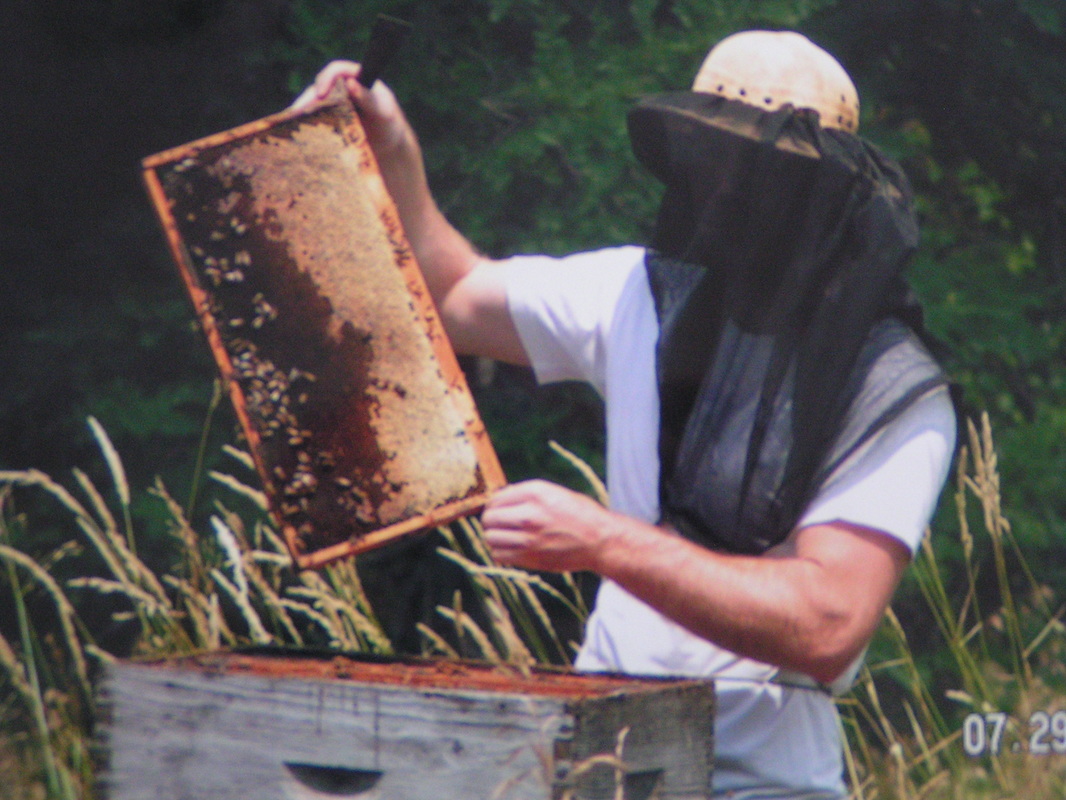Munk is a member of Vienna's Stadtimker, one of a growing number of urban beekeepers' associations who are trying to encourage bees to make their homes in cities, as pesticides and crop monocultures make the countryside increasingly hostile.
Bee populations are in sharp decline around the world, under attack from a poorly understood phenomenon known as colony collapse disorder, whose main causes are believed to include a virus spread by mites that feed on haemolymph - bees' 'blood'.
As well as making honey, bees are important pollinators of flowering plants, including many fruits and vegetables. A 2011 United Nations report estimated that the work of bees and other pollinators was worth 153 billion euros a year.
'Bees do very well in cities,' says Stephen Martin of the University of Sheffield, an expert on the deadly Varroa mite that has wrought destruction on honey bee colonies around the world since being exported from its native Asia in the 1960s.
'There are lots of plants and flowers in cities for bees to live on. Keeping them on rooftops is a great idea because it keeps them out of the way of people.'"
Vienna pitches urban chic to beleaguered bee colonies
By Georgina Prodhan

 RSS Feed
RSS Feed
